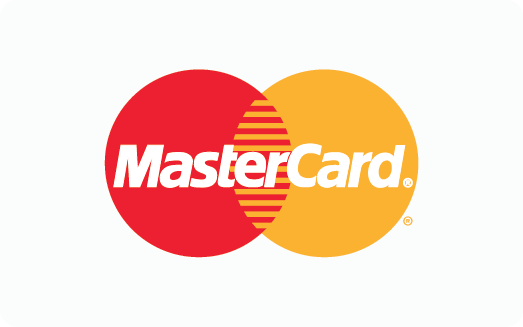Improve your vehicle’s handling, increase tire life and drive with safety by checking your tires every month to ensure that they are inflated with the right amount of air pressure. We offer a wide range of tires for your vehicle. Let our professionals help you find, balance and mount the right tires for your car.
Call or email us and let us help you with your tire services.
Below are some of the tire services that we offer:
- Wheel Alignment
- Tire Mounting
- Tire Balancing
- Tire Rotation
- Tire Inspection
We also carry various tire brands. Here are some of the tire brands that we carry:
![]()
![]()
![]()
![]()
Tire Guide and Tips: Understanding your Tire
For example, the number may read P225/70-R15, 89H:
- P = Passenger Tire (LT = Light Truck)
- 225 = Overall width of the tire in millimeters
- 70 = Sidewall height (distance from rim to tread) as a percentage of the tread width (known as aspect ratio)
- R = Tire construction, this one is Radial (also, B = Belted Bias, D = Diagonal Bias
- 15 = Represents the size of the wheel in inches
- In this example, the tire has the number 89H. This is the weight capacity of the tire. However, in most cases, you will not see this heading on the sidewall.
- A speed rating is sometimes put in front of the R (or B or D). A straight R rating means that it is rated for speeds of up to 100mph. The manufacturer does not recommended this tire for speeds greater than 100 mph. Other speed ratings are: S=112mph, T=118mph, U=124mph, H=130mph, V=149mph, & a Z rated tire is for speeds in excess of 149mph.
- The V and Z rated tires have excellent dry pavement grip/traction but due to their soft rubber compounds, do not have a long life.
- A tread rating indicates how long a tire should last. This figure is written in small letters on the sidewall of your tire. The higher the number, the longer the tire should last. 100 is the basic tread wear rating.
- The traction rating works just like grading – ‘A’ being the best, ‘B’ is good, and ‘C’ is acceptable. This number is also found on the sidewall.
- Temperature ratings work the same – ‘A’ best, ‘B’ good, ‘C’ acceptable. If you drive your car very hard, you want a temperature rating of ‘A’ because a ‘C’ would fail faster under these conditions. Again, look for this number on the sidewall.






